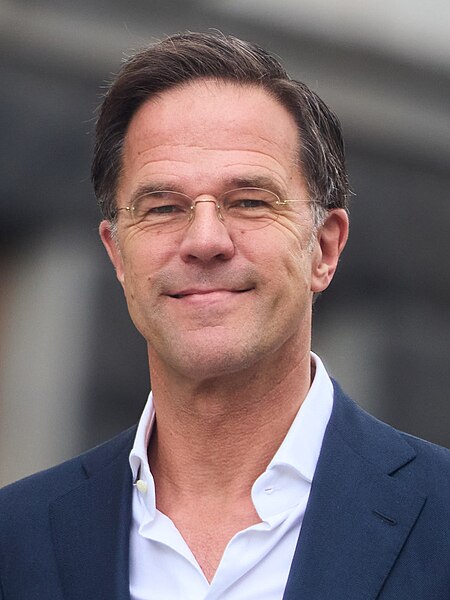Mark Rutte, Dutch Prime Minister and leader of the People’s Party for Freedom and Democracy (VVD), has tendered his resignation following a fallout over migration policy within his coalition government.
After 13 years in power, the abrupt resignation prompted by “insurmountable differences” on tackling immigration issues, sets the stage for early elections.
Rutte declared the differences within the coalition to be irreconcilable, leading to his decision to offer the resignation of his entire cabinet to the king. The divergence in views on migration policy amongst coalition partners is no secret, ultimately resulting in this drastic conclusion.
The current tenure of Rutte, serving as the Dutch prime minister since 2010, ended abruptly just a year and a half after the coalition assumed power in January 2022. The VVD, along with the Christian Democrat Appeal party (CDA), are proponents of stricter migration measures, a stance not shared by the centre-left Democrats 66 (D66) and Christian Union (ChristenUnie).

Rutte advocated for stricter controls on reuniting families of asylum seekers, aiming to cap the number of war refugees allowed into the Netherlands at 200 per month. He threatened to bring down the government if his measures were not approved by the four-party coalition. Despite negotiations to save the government, D66 and ChristenUnie’s unwavering opposition led to a deadlock.
The sudden political shake-up could expedite scheduled elections, originally set for 2025. Until then, Rutte plans to lead a caretaker government, focusing on key tasks such as support for Ukraine. However, opposition leaders are calling for snap elections, with Geert Wilders, leader of the anti-immigration Party for Freedom (PVV), opposing Rutte’s caretaker government leadership.
Finding a functional coalition proved difficult in the 2021 elections, with Rutte’s VVD winning less than 22% of the vote and only two other parties garnering support above 10%. Given these circumstances, the prospect of another coalition filling the void left by Rutte’s four-party arrangement seems highly unlikely.
Discover more from Business-News-Today.com
Subscribe to get the latest posts sent to your email.
